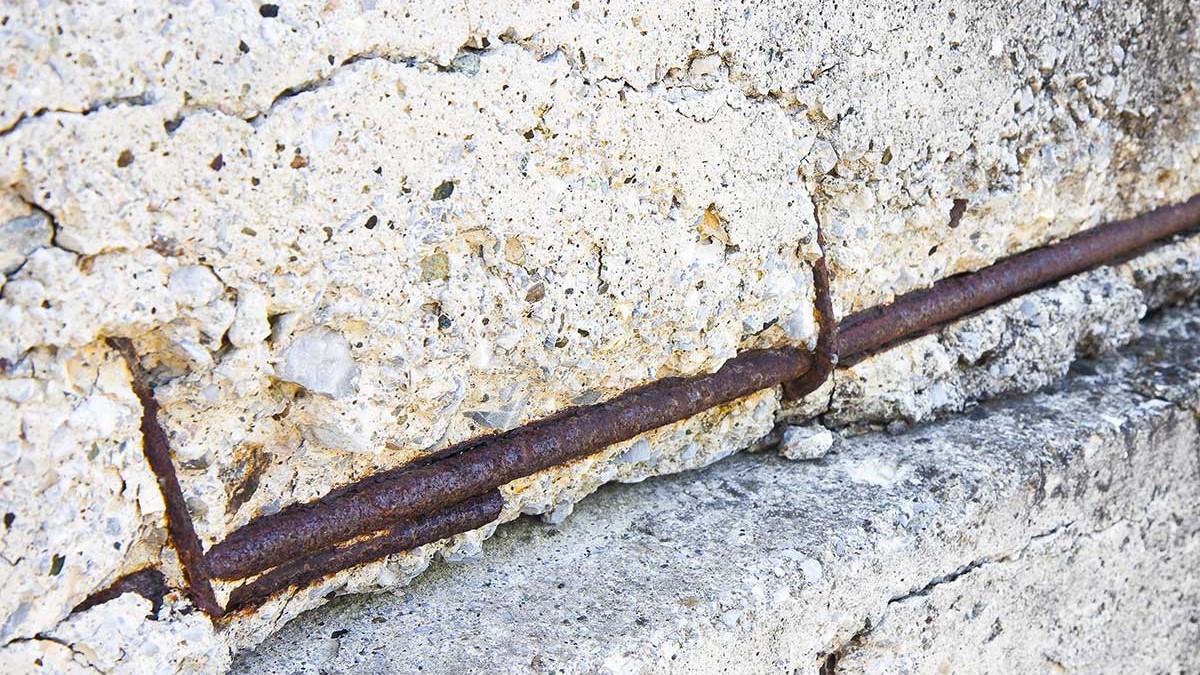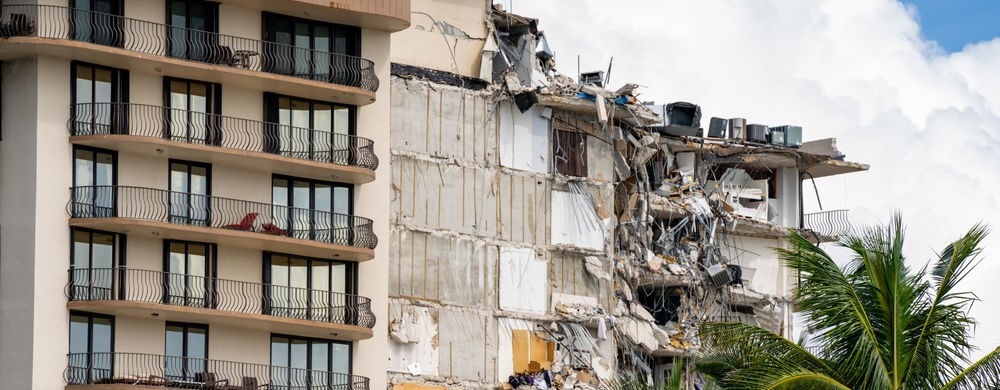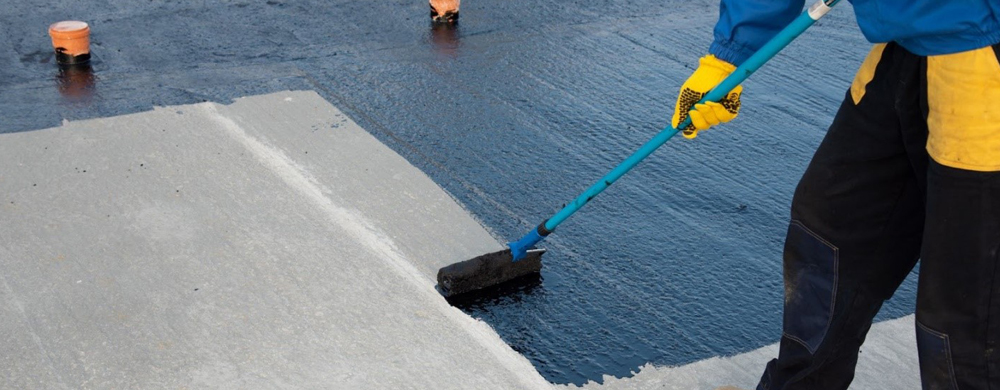
Concrete cancer is becoming a construction epidemic, not only in Australia but around the world. With buildings being demolished at an alarming rate and many homeowners being forced to vacate their homes, due to costly and extensive repairs from this completely preventable problem.
What is concrete cancer?
In the building industry, steel is used to reinforce concrete to give it greater tensile strength. Steel contracts and expands with temperature changes much like concrete, making them the perfect duo.
As concrete is a porous material, water, salt and air can leech in causing the steel to corrode and expand up to 3 times its size, this is known as concrete spawlling or concrete cancer. As the cancer spreads, the concrete loses its strength and starts to crumble, causing widespread structural instability.
This process is accelerated in properties located closest to the ocean and with 80% of Australians living within the coastal zone, this can be a serious issue for many property owners.
What do the experts say?
Early in 2021 NSW Building Commissioner David Chandler issued orders to repair more than 10 developments, 9 of which were located in Sydney. Of the almost 1000 apartments, over 60% of them had serious issues with waterproofing and were at high risk for developing concrete cancer.
Across the other side of the world, the devastating collapse of the Champlain Towers in Florida in June 2021, was caused by suspected concrete cancer, a US Engineer and Concrete Specialist has said. The collapse that killed 98 people and injured many more was completely preventable if the concrete cancer was treated early.
Concrete cancer is not a new problem, in 1986 over 100 buildings in the Sydney CBD were found to have concrete cancer and were left unaddressed by the owners, through fear the serious issue may decrease the value of their properties.
Many experts have seen that some developers skimp on areas to cut costs during the building process, to ensure the highest returns on their investment.
One of the biggest corners that are cut during construction is waterproofing, with developers using cheap substandard products and inexperienced contractors. These contractors do not have the knowledge or industry experience to assess each property and implement a waterproofing plan. Many developments have a “one size fits all” approach to their waterproofing applications.
How to prevent concrete cancer?
Prevention is always better and cheaper than a cure, especially when it comes to concrete cancer. Ensuring your home, or building has adequate waterproofing throughout, can save you hundreds of thousands of dollars or even millions in some cases.
Having an expert waterproofing specialist in Sydney inspect your property to assess the existing waterproofing, is the most important thing you can do to protect the integrity of your structure.
Every property is different, and all will have varying waterproofing needs. Many homeowners believe it is only the laundry and bathrooms that require waterproofing, which can lead to costly repairs in the future. Experts believe that all concrete should be waterproofed to prevent concrete cancer, be it in walls, slabs or other concrete areas throughout the property.
While many homeowners are happy to spend extra on premium aesthetic finishes throughout their home, it is important to not overlook the protection of your overall structure from one of the most destructive elements, water.
The expert waterproofing specialists at Titan Waterproofing have over 40 years of combined industry experience. They can inspect your property and put together a waterproofing plan for your commercial building or residential home. Contact them on 1300 761 219 to make an appointment.


